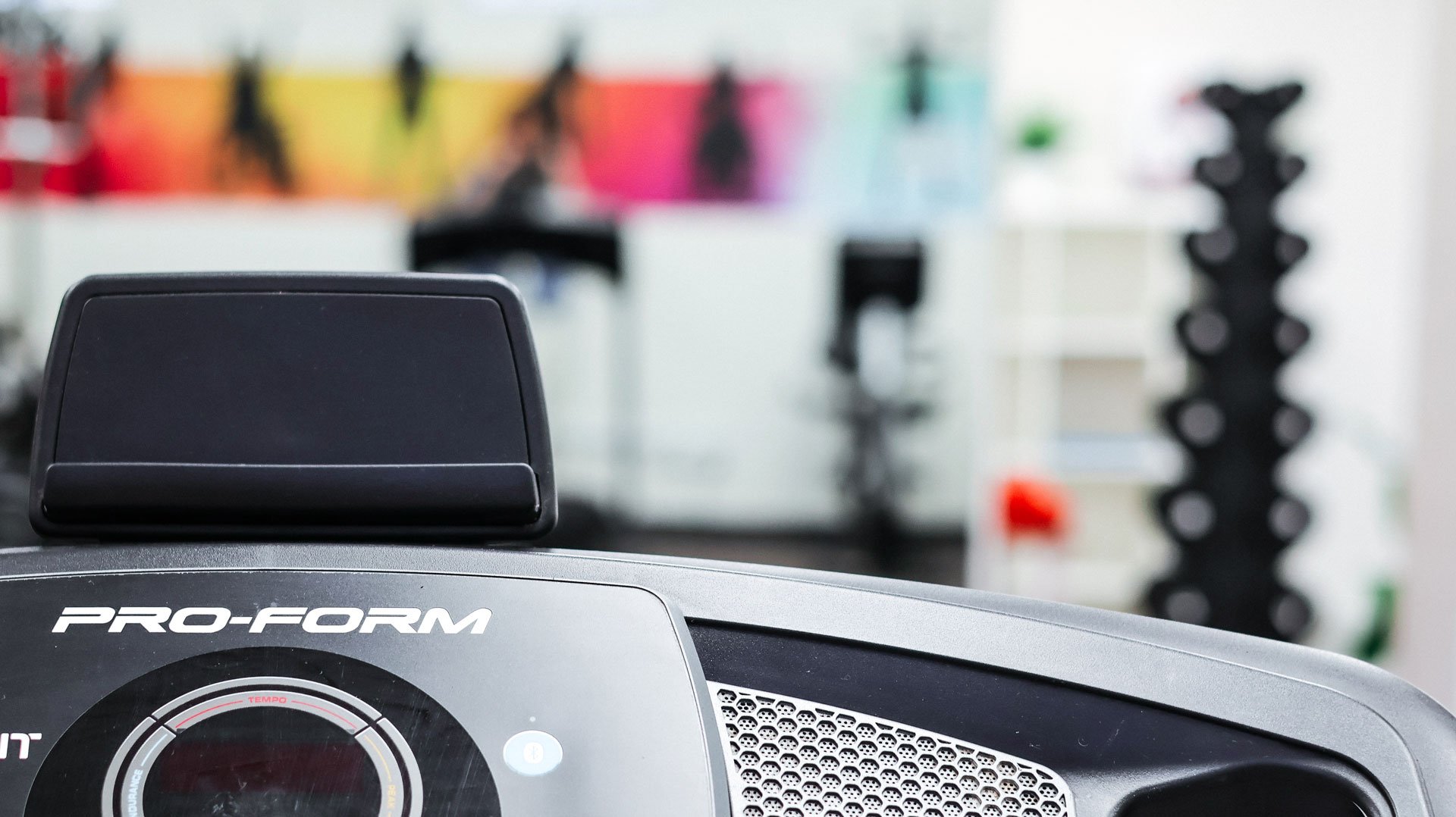
How To Use Your NDIS Funds for Exercise Physiology & Personal Training
These three activities generally fall under Improved Health and Wellbeing and are considered capacity building supports which help participants build their independence and skills.
Dietetic consultations and therapies are needed to generally help with: creating personalised meal plans, achieving weight goals, learning about nutrition and healthier food options, managing allergies and food intolerances, and managing health conditions such as coeliac disease and diabetes. In some cases, dietitians are also needed for participants who have challenging mealtime behaviors.
A dietitian service can only be NDIS-funded if the required support is due to the impact of the participant’s disability.
Physical wellbeing activities, whether it’s exercise physiology or personal training, help participants improve their overall fitness and health.
Some of the benefits in accessing these supports may include: improved mobility, improved mental health and wellbeing, pain reduction, and gaining independence to achieve life goals.
While personal training focuses on sports, recreation and performance, exercise physiology focuses more on treating people with chronic conditions and injury recovery.
Exercise physiology supports are normally requested in the cases of: progressive neurological conditions (multiple sclerosis, Parkinson’s disease, motor neurone disease), spinal cord injury, acquired brain injury, stroke, fibromyalgia, etc.
As a general rule, the requested support will be funded by the NDIS if:
it is related to your disability needs
it will help with your individual goals and aspirations
it will help your social and/or economic participation
it will provide value for money
it is ef ective and beneficial for you
it helps maintain your informal support
it is a responsibility of the NDIS to fund
If you do not currently have Improved Health and Wellbeing in your NDIS plan, we recommend you to contact your Local Area Coordinator (LAC), Planner or the NDIS directly to discuss options how these can be included.
Capacity Building Supports are delivered in groups or individually: Assessment, training or therapy for developing skills, independence and community participation.
As the name indicates, the Improved Daily Living category serves to build capacity and confidence in challenges presented by your daily life. This could include things like occupational therapy, speech therapy, physiotherapy – or more alternative therapies like equine therapy.
Other capacity-building examples could be public transport training, assistance with decision making (daily planning, budgeting), or driving lessons.
NDIS Pricing Arrangements and Price Limits
Exercise physiology is explicitly listed under:
Improved Health and Wellbeing (Item Reference: 12_027_0126_3_3), and
Improved Daily Living Skills (Item Reference: 15_200_0128_1_3).
These supports include services delivered by accredited exercise physiologists to address health concerns, build functional capacity, and help participants achieve their goals.
Why Exercise Physiology is essential for NDIS Participants
Exercise physiology is more than just exercise; it’s an evidence-based intervention delivered by accredited professionals to:
Manage and prevent chronic conditions,
Build functional capacity, and
Promote both physical and mental wellbeing
Who Benefits?
Participants with physical and neurological disabilities: Strengthen muscles, improve coordination, and reduce the risk of secondary health complications.
Participants with intellectual, psychosocial, and neurodevelopmental disabilities: Enhance motor skills, reduce anxiety, and increase daily participation through structured movement programs.
Participants with chronic conditions: Manage health concerns such as diabetes, osteoporosis, cardiovascular, or respiratory issues
When should you request EP funding?
Progressive neurological conditions – MS, PD, MND, Stroke, traumatic or acquired brain injury, Spinal cord injury, Mental health – PTSD, Depression. Pain management, fibromyalgia, arthritis/RA , Autism, Aspergers, Developmental delay, Chronic fatigue syndrome
What are the challenges of EP and NDIS?
Gym memberships are not considered reasonable and necessary People come with goals relating to health and wellbeing but no EP funding increased unpaid administration/report writing time
Is Personal Training covered by NDIS Funding?
Having personal training explicitly listed in your NDIS plan is not a prerequisite to access these services. In fact,, only a handful have utilised that specific line item for funding.
There are four distinct funding items spread across both the NDIS core and capacity building support categories that can be utilised to cover your initial. Since we are not a “SPECIAL gym”—and are a local gym—we facilitate the NDIS participant’s engagement in social and community participation, which is a fundable expense.
Explore the table below for a breakdown of these items, all of which we leverage to assist our clients in accessing NDIS funding for personal training. If your goal is more health-focused and less social, our personal trainers can collaborate with an NDIS exercise physiologist and work under their recommendations and exercise prescriptions.
The NDIS personal training line item costs less than half of exercise physiology, allowing you to maximize your investment, if appropriate. We want to emphasize that personal training is not intended to replace existing therapies, but rather to complement them.
Our experience has shown that it can significantly benefit individuals undergoing occupational therapy and other allied health therapies
Categories of Support with Examples
| NDIS Support Category Number | NDIS Support Category | NDIS Support Category Name | Example of Support by Dara Wellness Trainer |
|---|---|---|---|
| 4 | Core Supports | Assistance with social, economic and community participation | A Dara Wellness trainer facilitates a fitness activity in the community to allow participants to socially engage |
| 9 | Capacity Building | Increased social and community participation | A Dara Wellness trainer engages a participant in regular physical activity, including walking, to increase a participant's fitness levels and confidence so that they can walk to shops independently. |
| 12 | Capacity Building | Improved health and well-being | A Dara Wellness trainer provides personal training to a participant to improve their health and wellbeing. |
| 15 | Capacity Building | Improved daily living skills | A Dara Wellness trainer works as an allied health assistant to provide personal training under the recommendation of the participant's allied health therapist and therapy plan, to improve daily living goals. |




